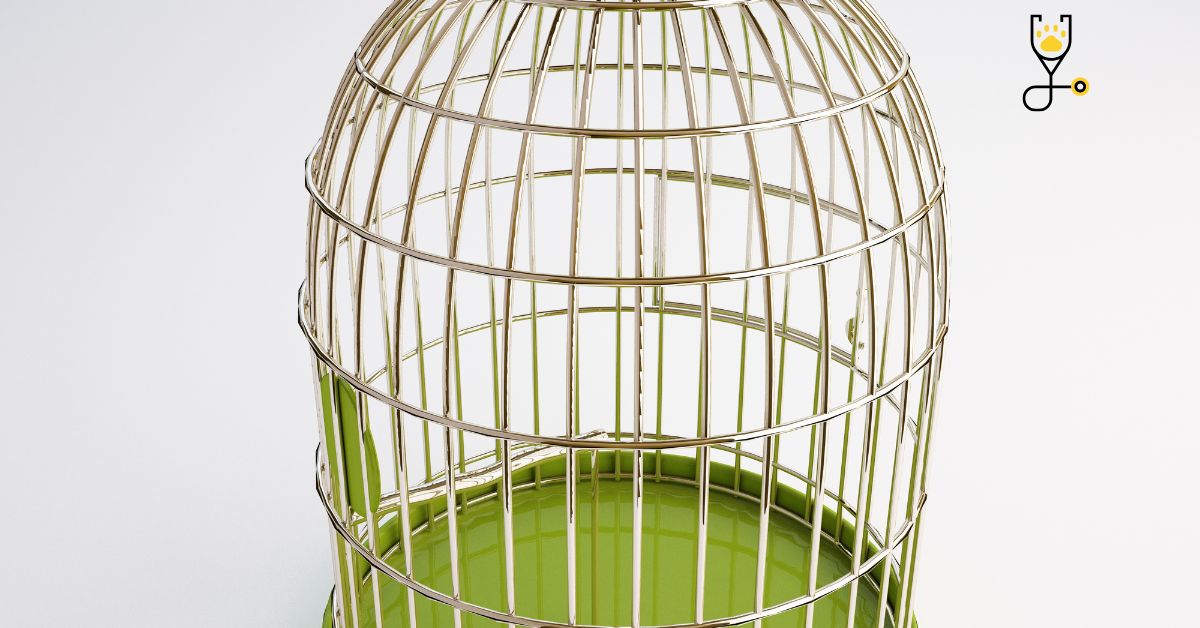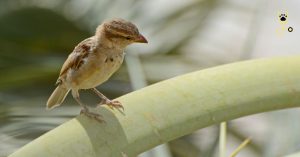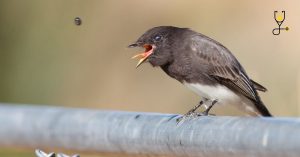Are you interested in setting up a happy and healthy living space for your feathered friend? Choosing the right birdcage can be a daunting task, but with some thought and research, you can create an environment that is safe, comfortable, and fun for your companion. Whether you’re considering size, type of material, or design aesthetics – there are many factors to consider when selecting the ideal bird cage. In this blog post, we will explore 8 essential tips on how to choose the perfect bird cage! Read on to learn how to make sure your cherished pet thrives in its new home.
Tips for Choosing a Bird Cage
1. Select the Appropriate Size
2. Consider Bird Type and Habits
3. Look for High-Quality Materials
4. Choose an Ergonomic Design
5. Check Safety Features and Assembly Instructions
6. Decide on Aesthetic Value
7. Research Cleaning Processes
8. Invest in Accessories
Let’s explain each of these tips in detail
1. Select the Appropriate Size
The size of your birdcage should be determined by the type of bird you are housing, as well as how much space it needs to comfortably move around inside its cage. Ideally, you want a cage that allows your feathered friend enough room to flap their wings and exercise freely while also providing ample area for food trays, perches, and toys. For example, a parakeet needs a cage that is at least 18”x18”x24” to feel comfortable.
Learn in detail about proper sizing & bar spacing of cages in our detailed guide: All About Bird Cage Sizes and Bar Spacing
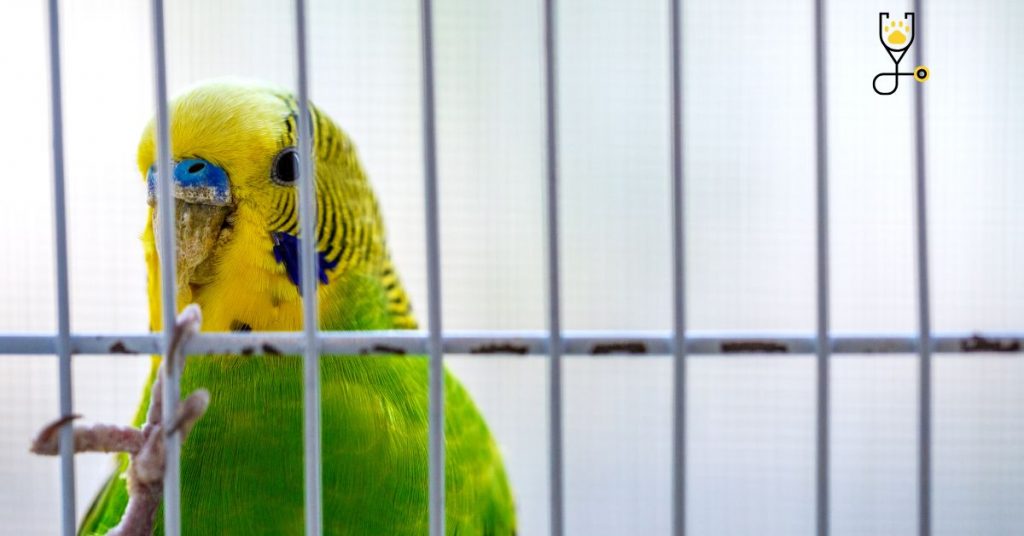
2. Consider Bird Type and Habits
Different bird species have different behavioral needs. Some birds may prefer more room for physical activity while others may require plenty of toys and perches to keep them entertained. Look into the specific type of bird you have or plan to get in order to determine what size, layout, and features are best for your pet’s needs.
3. Look for High-Quality Materials
You want a cage that is made of durable materials so it can withstand rough play and chewing from your feathered friend. Stainless steel cages provide great protection against rust, corrosion, and other damage. Wire cages are also popular choices as they allow for excellent air circulation and visibility from both inside and outside the cage.
4. Choose an Ergonomic Design
The design of your birdcage should provide easy access to food, water, toys, and perches. Look for a design that allows you to quickly clean up messes, refill food trays, or change out toys with minimal effort.
Learn Why Round Cages Are Bad for Birds?
5. Check Safety Features and Assembly Instructions
Make sure any cage you purchase is safe for your bird by looking into safety features such as locking doors or secure fastenings on perches. Additionally, look over assembly instructions to ensure the setup process is straightforward.
6. Decide on Aesthetic Value
Birdcages come in a variety of styles, sizes, and colors. Think about what look you want for your feathered friend’s home. Do you prefer a more traditional wooden design or are you looking for a sleek and modern stainless steel cage? Consider the overall aesthetic of the room where your birdcage will be situated when deciding on a style.
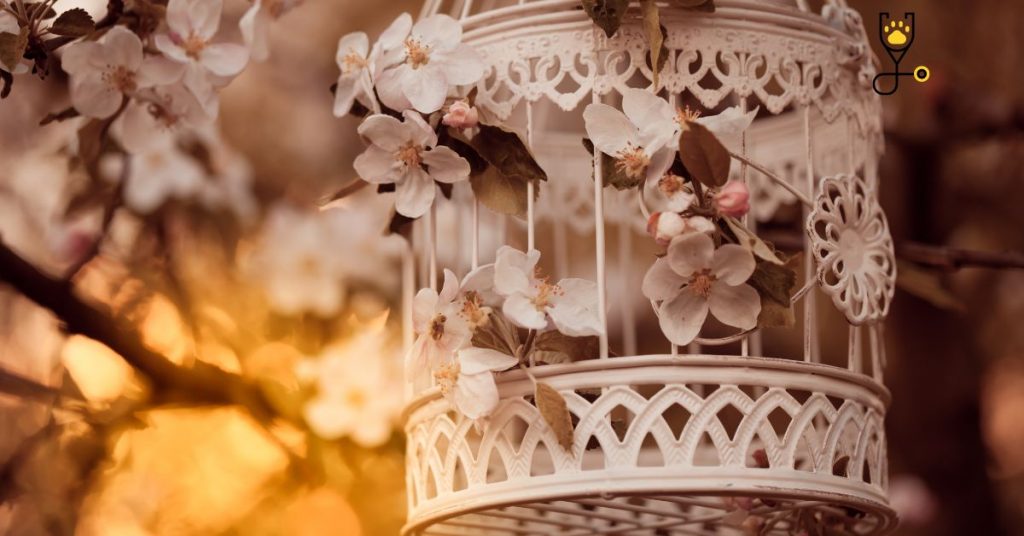
7. Research Cleaning Processes
Like any other pet, birds need regular cleaning as well as check-ups from an avian veterinarian to ensure they stay healthy and free from disease. It is important to research how often the cage should be cleaned and disinfected so that your companion can live comfortably in their safe space.
8. Invest in Accessories
Bird cages come with a variety of accessories that help enrich the life of your feathered friend. Perches, toys, food, and water dishes are all important elements to include in your bird’s living space. You can also look into additional accessories such as mirrors and ladders for added stimulation.
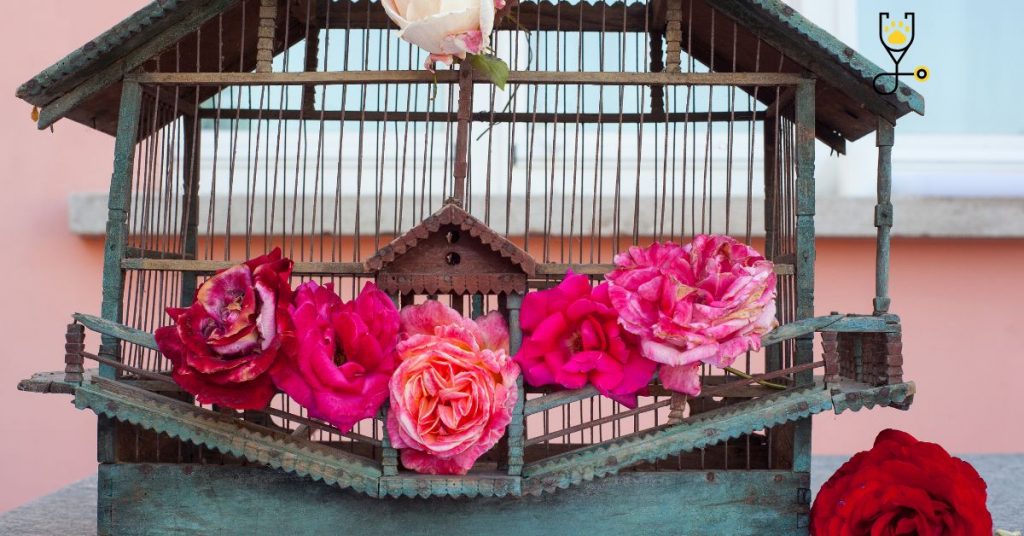
Conclusion
Finding the perfect bird cage for your pet can be a challenging and time-consuming process. By following these tips, you will have all the information you need to make an informed decision on the best cage for your feathered friend. With proper research, consideration of bird type and habits, and a focus on safety features and cleaning processes, you can find the perfect home for your pet. Investing in high-quality materials and accessories will ensure that their living space is comfortable and enriched with activities to keep them entertained. In no time at all, your birdcage will be the most stylish spot in the house!
Frequently Asked Questions
The best size for your bird’s cage will depend on its type, habits, and activity levels. Generally speaking, parakeets need a cage that is at least 18″x18″x24″ to feel comfortable. It’s important to research the specific needs of your pet in order to determine what size cage they require. Learn More: All About Bird Cage Sizes and Bar Spacing
Bird cages should be cleaned on a regular basis – weekly or bi-weekly – using warm water and mild detergent. Additionally, it’s recommended to disinfect the cage once per month with a sanitizing solution specifically designed for birds. Avian veterinarians can provide advice on the best cleaning products for your pet.
Stainless steel cages are typically the most durable option as they provide great protection against rust, corrosion, and other damage. Wire cages also offer good air circulation and visibility from both inside and outside the cage. Wooden cages can also be a great option, depending on the specific needs of your pet.
Accessories such as toys, perches, food dishes, and water dishes are great additions to your pet’s living space. Mirrors, ladders, and swings can also help to provide stimulating enrichment activities for your feathered friend. Be sure to research the specific needs of your bird in order to determine which items are best suited for their particular type.
Safety should always be a top priority when selecting a bird cage. Be sure to choose one with non-toxic materials and consider avoiding cages with sharp edges or small openings that could pose a choking hazard. Additionally, it’s important to research the recommended size for your specific type of bird as this will ensure their living space is comfortable for them. Finally, look for cages equipped with durable locks, latches, and other security features that will prevent escapes or injury.
The perfect birdcage is out there – you just have to do your research! By following these tips, you’ll be equipped with all the information and knowledge you need to find a safe, comfortable, and enriching home for your feathered friend. With the right cage and accessories in place, they can enjoy an enriched life full of activity and entertainment. So don’t wait – start shopping around today! Good luck!

